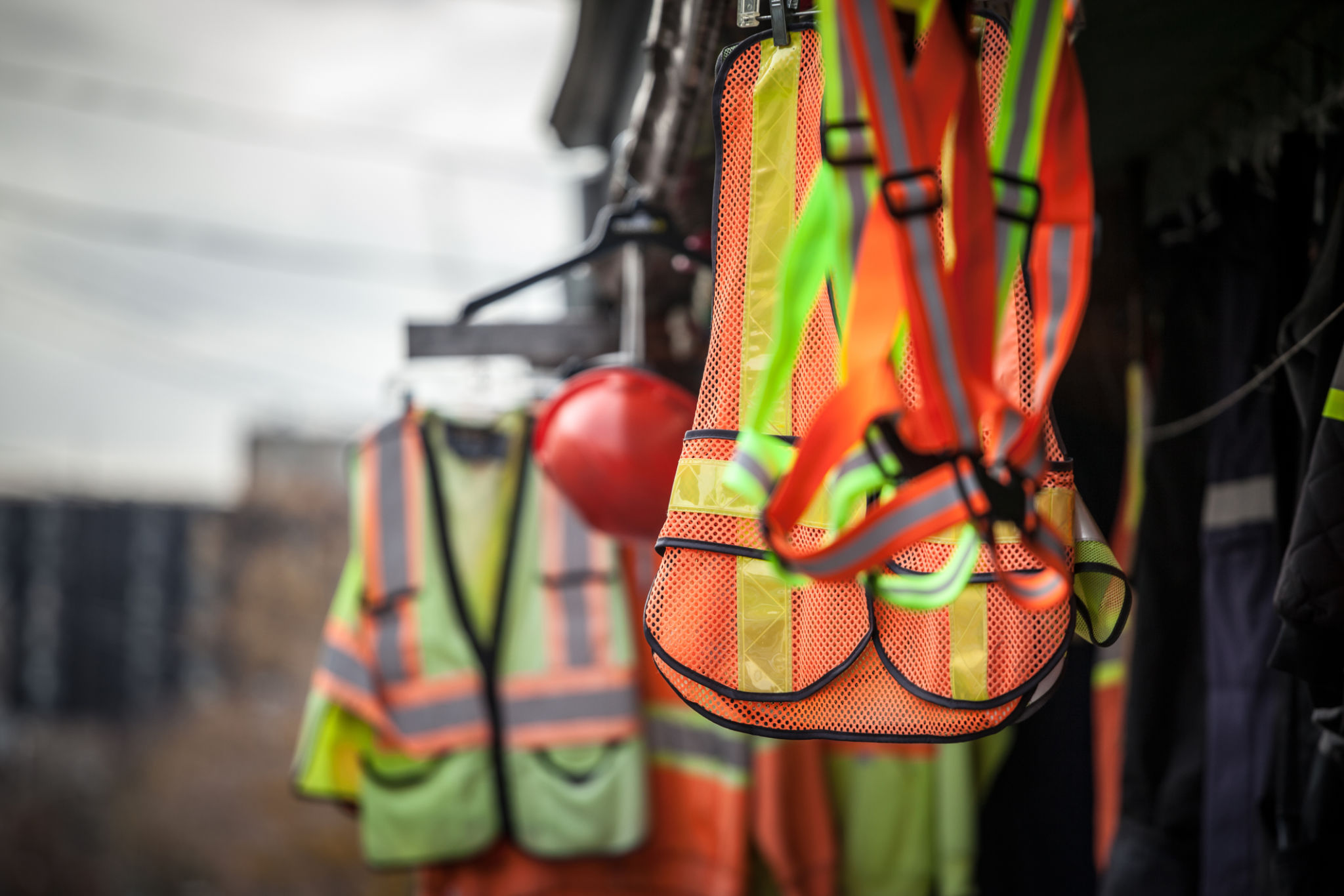Top Challenges in Commercial Construction and How to Overcome Them
Understanding the Landscape of Commercial Construction
Commercial construction is a dynamic field that presents a unique set of challenges. From managing complex logistics to adhering to stringent regulatory requirements, the industry demands precise planning and effective execution. Addressing these challenges head-on is vital for successful project completion and maintaining competitive edge.

Managing Project Delays
Delays in commercial construction can have a domino effect, impacting project timelines and budgets. These delays often stem from unforeseen circumstances such as adverse weather conditions, supply chain disruptions, or labor shortages. To mitigate these issues, it is crucial to develop a robust project schedule that includes buffer times for potential delays. Furthermore, employing technology like project management software can help in tracking progress and addressing roadblocks proactively.
Collaboration with suppliers and contractors is also essential. By establishing strong relationships and clear communication channels, it becomes easier to anticipate and resolve supply chain issues before they escalate.
Budget Management
Managing budgets in commercial construction is a perennial challenge. Cost overruns can occur due to inaccurate estimates, unforeseen expenses, or inefficient resource allocation. To overcome this, it's important to invest in accurate cost estimation from the outset. Utilizing advanced software tools for budgeting can provide more precise forecasts and help in monitoring expenditures in real-time.

Regular financial audits and adjustments are necessary to ensure the project remains within budget. Engaging with experienced financial managers who understand the intricacies of construction finance can be invaluable in this process.
Ensuring Safety Standards
Safety is paramount in commercial construction. With numerous potential hazards on a construction site, maintaining a safe working environment is both a legal obligation and a moral responsibility. Implementing comprehensive safety protocols and conducting regular training sessions for workers can significantly reduce the risk of accidents.
Investing in safety gear and equipment, along with fostering a culture of safety-first, ensures that all team members prioritize workplace safety. Regular inspections and audits can help in identifying potential risks and taking corrective actions promptly.

Navigating Regulatory Compliance
Commercial construction projects must adhere to various local, state, and federal regulations. Non-compliance can lead to costly fines and project delays. Staying updated with regulatory changes is crucial for ensuring compliance throughout the project lifecycle.
Working closely with legal experts who specialize in construction law can provide valuable insights into compliance requirements. Additionally, engaging with local authorities early in the planning phase can facilitate smoother approvals and minimize bureaucratic hurdles.
Technology Integration
The integration of technology in commercial construction can be both a challenge and an opportunity. While adopting new technologies such as Building Information Modeling (BIM), drones, and IoT devices can enhance efficiency and accuracy, it also requires investment in training and infrastructure.
To successfully integrate technology, construction firms should focus on selecting the right tools that align with their specific needs and goals. Providing continuous training for staff ensures that they are equipped to leverage these technologies effectively.

